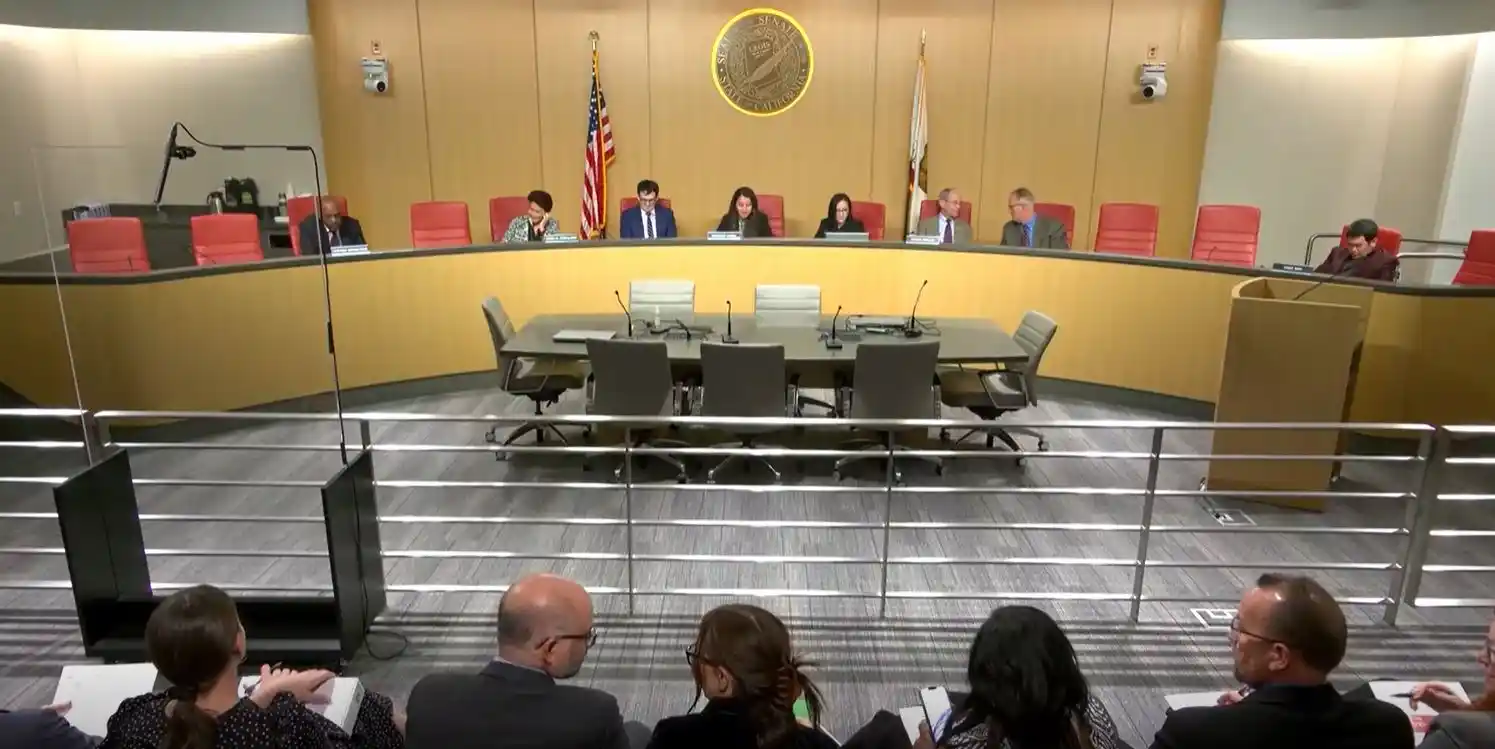The answer is: it depends on what kind of trading you’re engaged in.
We take a closer look at what kind of trading activities constitute money transmission, and require licensure.
While there is no shortage of confusing, vague, and sometimes contradictory guidelines in the context of cryptocurrency regulation, the question of whether or not trading cryptocurrency as an individual may require regulatory compliance, including money transmitter licensure, is among the most confusing and unsettled.
Cryptocurrency businesses engaged in money transmitter activities (i.e., most cryptocurrency businesses) are required to comply with various state and federal regulations aimed at curbing financial crimes like money laundering and supporting consumer protection efforts. But what about individual traders?
Day traders in the traditional market have certain caps and rules they must comply with, so what about individuals engaging in similar activities, but in the crypto market? Most opinions have agreed that the answer is “mostly no,” but often with caveats and qualifiers depending on who you ask.
But one area that is not ambiguous at all is peer-to-peer, or P2P trading. While individuals trading on an exchange platform are not typically thought of as engaging in money transmitter activities, individuals trading on P2P platforms in fact are (and have been all along).
Within the cryptocurrency industry, the status of P2P traders as money transmitters has long been settled. P2P traders are money transmitters, subject to the same regulatory compliance expectations as exchanges and kiosk operators, even without their knowledge.
But do they require state money transmitter licensure?
As the regulatory environment continues to change rapidly, it’s worth revisiting this question and understanding why this is the case, especially as state regulation continues to evolve and P2P trading compliance obligations increase.
In this post, we’ll cover:
- Who needs a money transmitter license
- What regulators say about P2P trading
- Changes on the horizon P2P traders should keep an eye on
Who needs a money transmitter license?
According to FinCEN, most cryptocurrency business models are considered money services businesses (MSBs), and more specifically, money transmitters.
This means that such businesses are subject to certain requirements. Namely, they must register with FinCEN and develop a robust anti-money laundering (AML) program and associated policies ready to roll on day one of business operations.
Money transmitters must also figure out what the state or states they operate in require. There are two levels of regulation that U.S.-based money transmitters must consider: federal and state. The AML program and FinCEN registration cover the federal requirements. The state requirements will be unique in each state, but where required, will likely involve money transmitter licensure (MTL) of some kind.
Within cryptocurrency, MTL requirements vary. Many states are considered “no action” states, meaning that state regulators have no formal opinion on whether or not certain cryptocurrency businesses require licenses. (Businesses are encouraged to develop relationships with state regulators and request a formal determination of “no action” in writing instead of just assuming state MTL regulations do not apply to their business).
All in all, crypto MTL is an issue that is largely unsettled, so there’s no need for P2P traders to worry, right? Not so fast.
There are a couple of complicating problems here. One is that relying on “no action” determination is a bad business strategy, because state regulations change all the time, often without warning or formal notification.
As a business, or a trader, your MTL status is on your shoulders alone. MTL management is time-consuming and resource-intensive, especially if your businesses works in (or trades with individuals in) multiple states. This has left many crypto businesses scrambling for an MTL solution.
But is there any reason to think that “no action” states will be changing soon?
Absolutely.
We reported on recent budget decisions in the state of California that point to an ambitious oversight framework for the cryptocurrency space. This framework could come into play as soon as 2021.
At the federal level, FinCEN has made overtures to banks regarding their exposure to crypto which suggest that examinations will be looking more closely for crypto business transactions. As banks develop more robust policies that clamp down on cryptos, clarifying MTL determination in “no action” states will become more relevant than ever, since banks will be asking more questions about the compliance of crypto businesses.
Given the ambiguous regulatory status of crypto businesses (and crypto tech itself), this leaves P2P traders, often working for their own benefit and not organized or resourced as a business, a bit like kites in a hurricane.
Especially since, no matter what anyone says, FinCEN considers them to be engaged in money transmission.
FinCEN clarified P2P trader status in 2019
FinCEN Guidance FIN-2019-G001, published in May of 2019, complicates things, and may imply that P2P traders are open to MTL requirements.
It states that their definition of MSB “includes both natural and legal persons engaged as a business in covered activities, ‘whether or not on a regular basis or as an organized business concern’.”
Here’s the key passage:
“A natural person operating as a P2P exchanger that engages in money transmission services involving real currency or CVCs must comply with BSA regulations as a money transmitter acting as principal. This is so regardless of the regularity or formality of such transactions or the location from which the person is operating.”
Lastly, “As a money transmitter, P2P exchangers are required to comply with the BSA obligations that apply to money transmitters, including registering with FinCEN as an MSB and complying with AML program, recordkeeping, and reporting requirements (including filing SARs and CTRs).”
So that’s it, then.
Not only are P2P traders (with rare exception) open to state regulatory considerations, they require AML compliance programs and reporting responsibilities on par with kiosk operators and exchanges.
That means it is the responsibility of P2P traders to secure and manage money transmitter licensure for any jurisdiction that requires it, as well as to monitor state regulatory changes that point to changing compliance regulations.
Even though P2P traders require MTL licensure the same as any other cryptocurrency money transmitter, is there any reason to believe that regulators will be cracking down on them specifically?
The key takeaway
Think about FinCEN’s recent warning to banks, which made direct reference to P2P crypto traders. They’re under real pressure to shape up when it comes to understanding their overall exposure to crypto business and crypto-related transactional activities.
Banks will be putting more focus on identifying P2P traders. We don’t want to scare anybody. But in all honesty, the spotlight on P2P is only getting bigger. If you’re engaged in P2P trading, the ambiguities are drying up. You need to pay close attention to these trends.
As to whether or not your particular activities require you to develop an AML compliance program, or if you have any questions about your compliance obligations as a P2P trader, you can contact us for a free consultation anytime.


